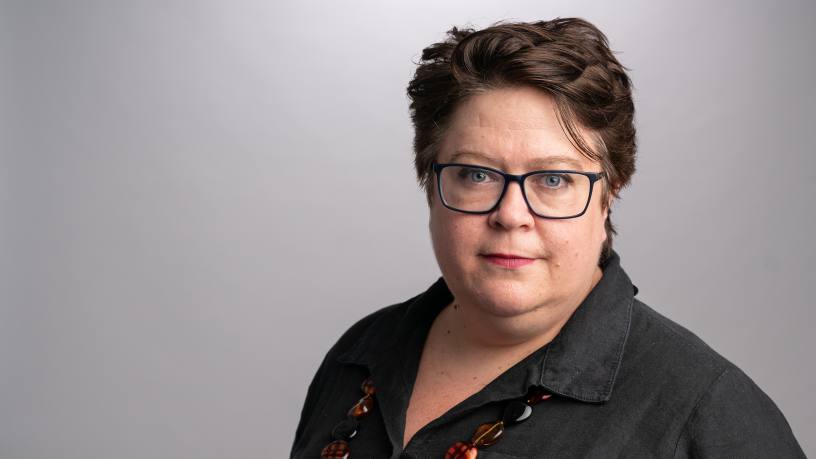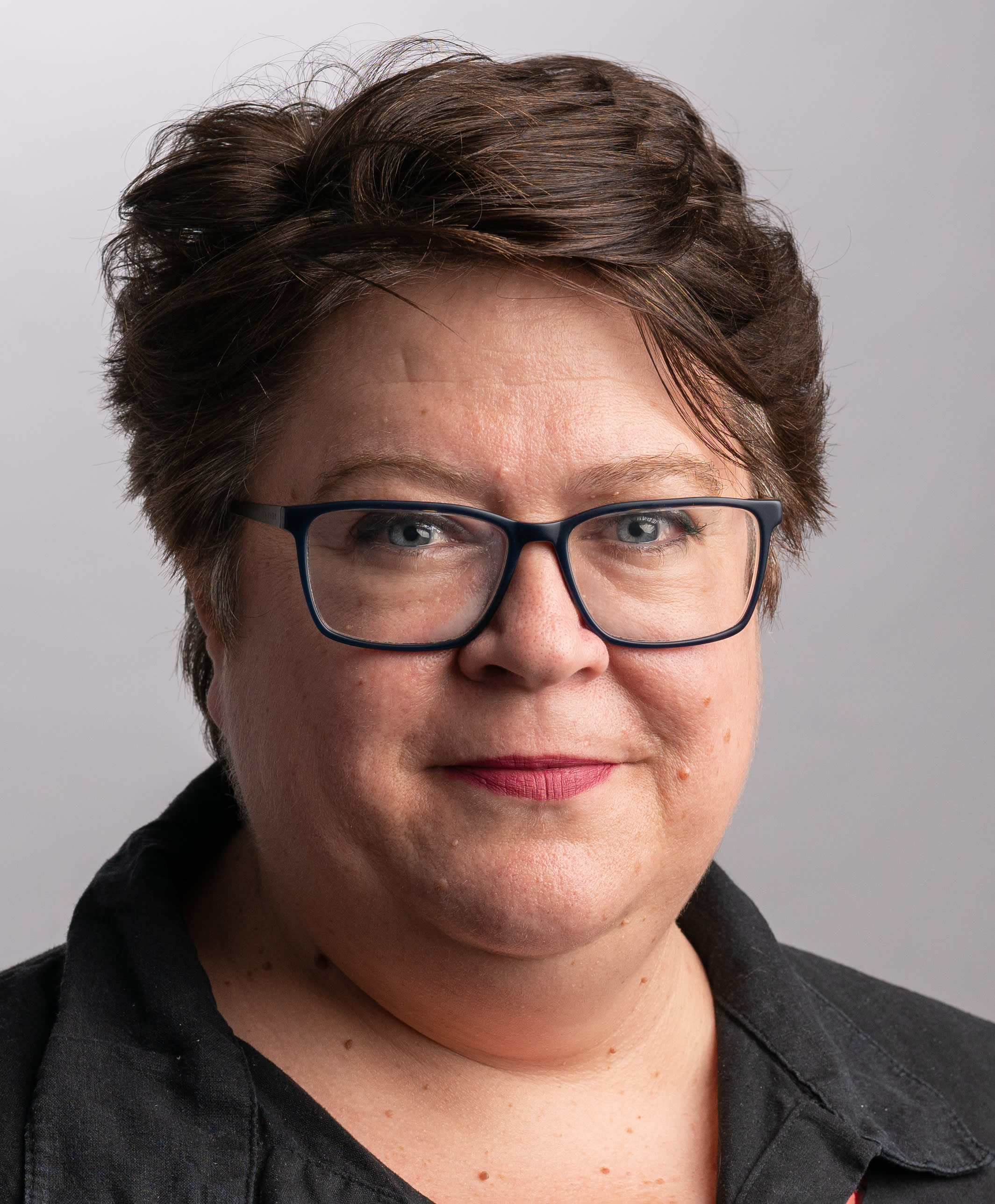Last week, a major international fintech event ran in London. This conference and tech company demo showcase is one of the more established financial services shindigs, with iterations around the world. Despite my thinking that longevity should lend itself to a wealth of experiences from which to learn, it managed to offer a session that I would like to see banned, or at least boycotted: a “Women in…” breakfast.
This one was held at 8:15am — prime school drop-off time — and not located in a central, easily accessible venue.
I’ve attended and spoken at breakfasts of this sort in the past. It seems this one, held in late February, was, at least, in the same location as the event (I did not attend the session). I have seen these early morning buffets — billed as a chance for women to share stories and “learn” how to move the needle in gender parity — held in locations separate to the main venue, lest anyone be offended by seeing 20 women in business casually eating stale croissants.
I’m tired.
I’m tired of women talking to other women (we all have a wide variety of WhatsApp groups to vent to). I’m tired of well-meaning inspirational talks designed to fix women and teach us to lean in, or sit at the table, or network more, or “learn how to play video games to get ahead” (an actual bit of “advice” offered at one of these “women united by breakfast” roundtables…).
I’m tired of the mini-pastries and weak coffee and hearing the same stories over and over, while the needle never moves.
I want less talking and more doing. And I want an end to these infernal breakfasts!
While a group of women got up at the crack of dawn to travel to south-east London last week, Anne Boden, founder of Starling Bank, had a full diary. She launched her third book, Female Founders’ Playbook – Insights from the Superwomen Who Have Made It, and talked through the findings from the Women-led high-growth enterprise taskforce report.
Led by Boden, the taskforce, set up by the UK government in 2022, has worked across sectors and across the country to look at how to effectively tackle investment barriers, challenge outdated stereotypes, and increase the number of women-led, high-growth businesses.
The report advocates that voluntary targets be established for investment firms, in order to meet the UK government’s goal of adding nearly 600,000 to the number of female entrepreneurs by 2030.
In addition, it calls for investment firms to disclose the percentage of senior female investment professionals they employ, and set ambitious targets, which will result in greater backing for female entrepreneurs.
The report claims that investment firms with a higher proportion of women are more likely to back female entrepreneurs, but today women only account for 11 per cent of senior investment professionals. Firms that sign up to the Investing in Women Code, as signatories, are also more likely to back female entrepreneurship investment companies by 35 per cent vs 27 per cent, adds the report. The number of signatories has grown by 40 per cent to 204 since 2022.
For every £1 of equity investment in the UK, just 2p goes to fully female-founded businesses, representing no improvement over the past decade, according to the report. (But, but… we held all those breakfasts!)
The report also recommends that female entrepreneurship outside London should be encouraged and supported through the establishment of female founders growth boards, bringing together public and private local stakeholders. Almost 45 per cent of England’s high-growth enterprises are in London and, considering that only 13 per cent of the UK population resides in London, this shows an imbalance in high-growth activities.
Ultimately, the taskforce recommends three things (bolding mine):
- That the gap in funding be validated
- The causes explored in detail
- And the investment ecosystem can come together to form solutions
Ecosystems involve a wide range of diverse people and experiences. Those ecosystems can only form solutions if they come together in an easily accessible, prime location during business hours (virtually or physically — it is 2024 after all).
Ban the breakfasts and get down to work instead.
Liz is deputy editor of The Banker. You can connect with Liz on LinkedIn, or follow her on Bluesky.
Click here to start your free trial on thebanker.com, and sign up to the Digital journeys newsletter, as well as the four other pillar newsletters.






